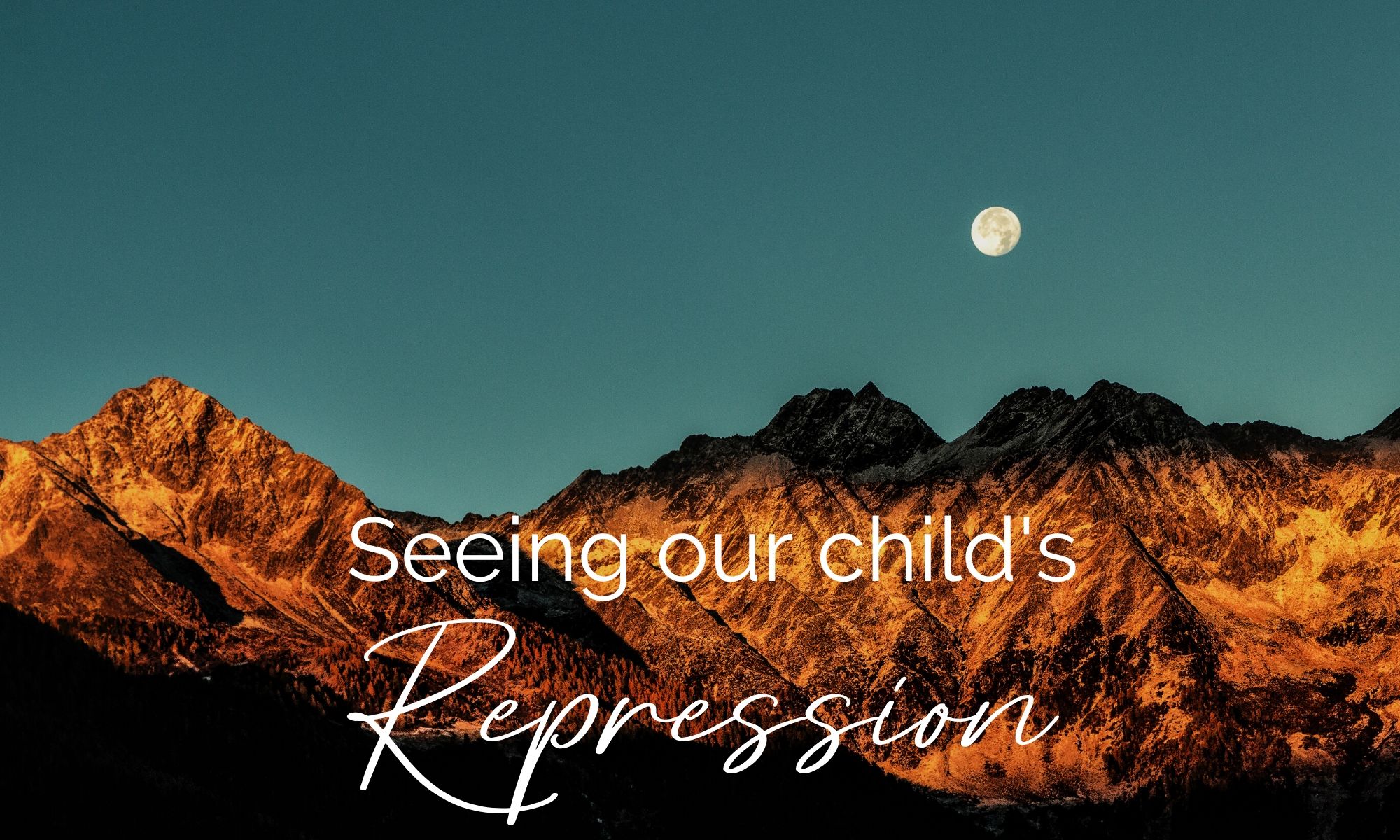When you see your child’s repression mechanisms, does this help you see yours more clearly and compassionately?
Seeing our own repression mechanisms can help us be compassionate with the younger parts of us who didn’t grow up in a culture where feelings were welcomed and seen as normal, natural and beautiful.
Do you notice your child/ren’s go-to repression mechanisms, and have you ever noticed a correlation between theirs and yours?
There isn’t always a direct correlation, but sometimes there can be!
For example, for both of my teens, screens are their repression mechanisms. And that is also mine!
I also want to say two things really clearly.
One is that almost any of the things in the list below can be used as repression mechanisms at times, but at other times can be used to meet needs.
For example, screens can be used to meet needs for learning, stimulation, creativity, community, connection, and so much more.
Just as eating food can be used to nourish and fuel our bodies at times, and at other times can be used to distract ourselves away from our feelings.
The second thing is that I have deep respect for repression mechanisms.
In many cultures, the expression of feelings has been demonised for centuries or even millennia. So, I invite deep compassion for ourselves when we see our own repression mechanisms or those of our children. The antidote to repression is compassionate presence, not judgment.
So, what repression mechanisms do you notice in your child/ren, and do you see a correlation with yours?
If your child has a dummy or pacifier, do you tend to stop yourself from expressing your feelings to others? Or do you tend to tense up around your mouth or bite your nails when you’re upset?
If your child asks repeatedly for food when they’re upset, do you tend to eat when you’re upset?
If your child wants sweet things when they’re upset, do you tend to want sweet things when you’re upset?
If your child moves around a lot when they’re upset, do you tend to move a lot when you’re upset? Perhaps your get really busy?
If your child asks to be entertained when they’re upset, do you tend to entertain yourself with YouTube or a book or IG stories when you’re upset?
If your child sucks their thumb or fingers when they’re upset, do you tend to bite your nails, or put your hands to your mouth when you’re upset?
If your child wants to be alone when they’re upset, do you tend to avoid connection when you’re upset?
If your child seems to dissociate when they’re upset, do you also tend to dissociate when you’re upset?
And this doesn’t only apply to repression mechanisms.
We can also often learn things about ourselves and others when we see our responses to our children.
If we see a parent punishing their child in the supermarket, we might wonder whether they punish themselves internally with self-judgment, self-shaming or guilt.
If we see a parent threatening to leave their child when the child is crying, we might wonder if they leave themselves emotionally when they have painful feelings.
If we see a parent doing everything they can to distract a child from painful feelings, we might wonder whether they also distract themselves when they have painful feelings.
This can be really helpful to increase our compassion for other parents – if you are seeing another parent do something that you wouldn’t do, you might choose to be curious about whether what they are doing might be a reflection of what they are doing to themselves internally, and what was done to them when they were little.
When we imagine the little people inside of each of us, it can help us more easily find compassion, as well as clarity!
What was external to us becomes internal, and what is internal to us becomes external. And we can change this, too!
If you want to learn more about repression mechanisms, I have some articles here on my website:
Children’s feelings and repression mechanisms
How babies and children learn to repress their feelings and how we can respond
How attachment play can dissolve repression mechanisms like thumb sucking
I also have a free intro course to Making Friends with Children’s Feelings;
Love,
Marion xoxox
